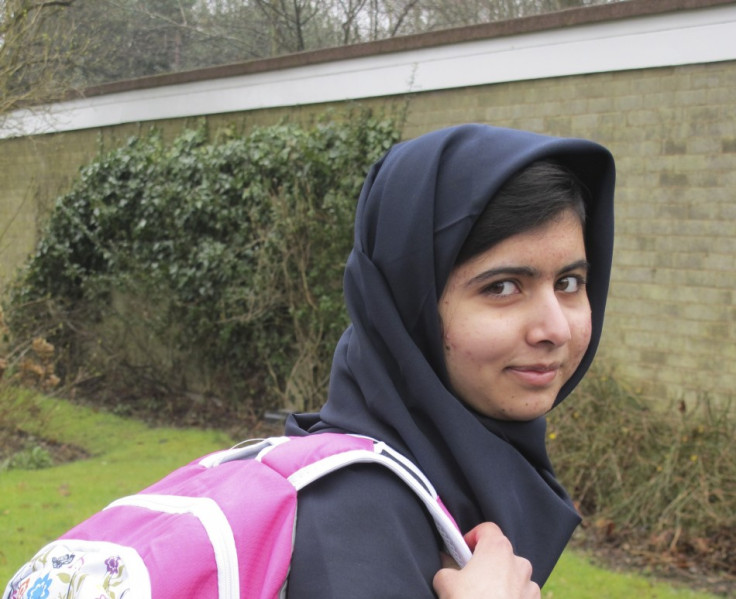Malala Day at United Nations Marks Campaign for Global Schooling
Malala Yousafzai, schoolgirl shot in head by Taliban, celebrates 16th birthday with speech at UN

Malala Yousafzai, the Pakistani girl who drew worldwide attention after being shot in the head by the Taliban for advocating education of girls, will celebrate her 16th birthday delivering her first public address at the United Nations.
The teenager is being honoured at the UN headquarters in New York, where she will address the UN Youth Assembly with a speech advocating global education.
The UN has designated 12 July as Malala Day.
"This is an opportunity for every young person on the planet to get together and tell the world: we will get our education, be it at home, in school or any place," said Malala.
Five hundred youth leaders from 85 countries will hear Malala speak in New York. It will be her first public speech since the attack in October when she was shot in the head at point-blank range by gunmen.
"From the day of that terrible shooting - an assassination attempt - took place, Malala Yousufzai is a symbol for the rights of girls, and indeed the rights of all young people, to an education," Martin Nesirky, spokesman for the UN secretary-general told Voice of America.
"And she has further understood that symbolism through her remarkable recovery and her eloquence in explaining her case and her position."
Malala has become an international figure as a symbol of resistance to the Taliban's efforts to deny women's rights. She is also among the nominees for this year's Nobel Peace Prize.
The UN Information Centre in Islamabad said: "Malala Yousufzai is a courageous young education rights campaigner from Pakistan who was targeted and shot by extremists on her way to school in 2012. After a long road to recovery, Malala is back and determined to keep making her voice heard."
At the heart of Malala Day is a call to improve the lives of 57 million primary school-aged children around the world who cannot get to school. The majority of them live in warzones.
© Copyright IBTimes 2025. All rights reserved.




















